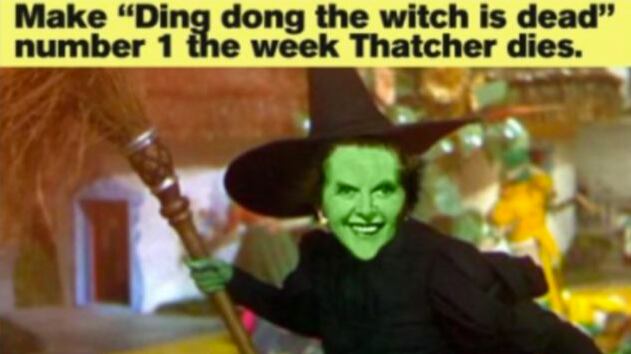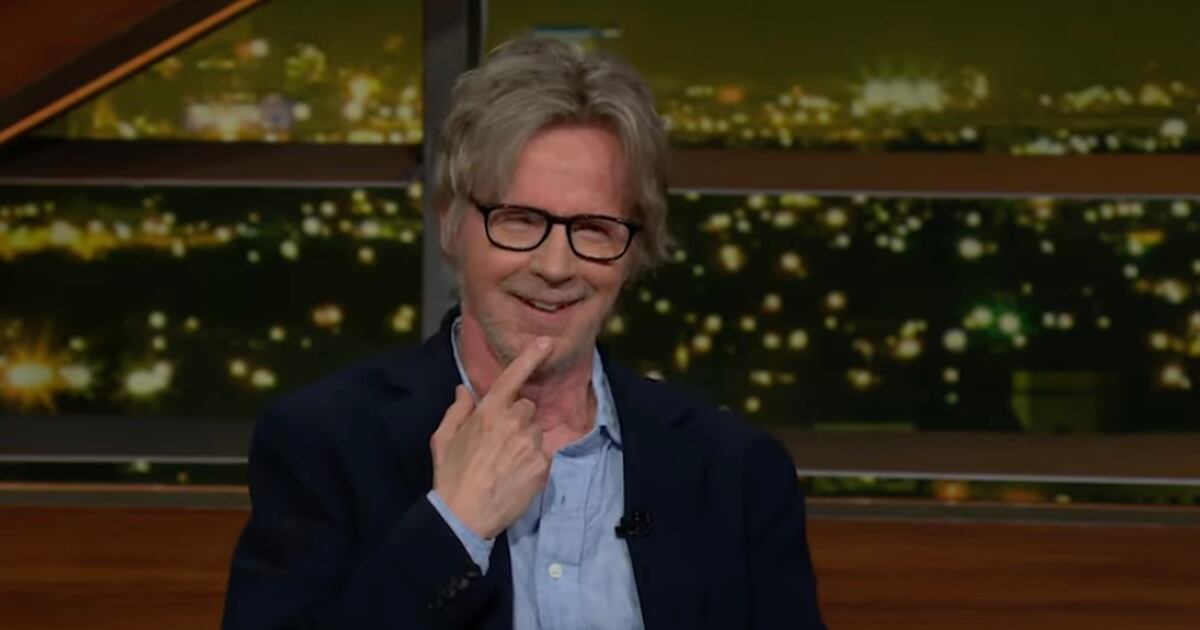Margaret Thatcher's biggest political legacy was her championing of free markets, her greatest cultural legacy the generation of musicians who drew their passion from opposition to her policies.
How fitting, then, that the great (tedious, numbingly predictable) ideological punch-up following her death should have coalesced around the exercise of consumer freedom in buying music. Very shortly after the former Prime Minister's death, an online campaign was started, by bitter lefties unknown, to get the song "Ding-Dong! The Witch Is Dead" from The Wizard of Oz to #1 in the charts. It now looks almost certain to do so, or at least to place highly.
It should go without saying that, whatever your political inclinations, this campaign is both childish and petty. Left-wingers, in particular, should think twice before being free with terms like "witch" to describe our female opponents. But then, the response from some Thatcher admirers has been almost as witless, with kneejerk calls for the BBC to refuse to air the song.
Being a woolly, indecisive liberal at heart, my feelings are best expressed by this deliberately-indecisive but excellent post by Tom Chivers at the (very Tory) Telegraph:
I’ve had a startlingly angry row with someone in this office this morning, in which I said that the Beeb should play the damn song, sick and nasty as it is, and my opponent reacted as though I’d suggested displaying the flayed corpses of children on Tower Bridge. There is real strength of feeling over this, real hurt and anger, not just a kneejerk moment of opportunity to attack the BBC, and it’s worth recognising that. I don't think the analogy is quite fair, but my opponent said that if, say, someone had released a song laughing at the deaths of suicide-bombing victims in Syria or something, and it somehow got to number four, it wouldn't be ridiculous for the BBC to say this is bad taste and we don't want to support it.
Similarly, there is a not-ridiculous case to be made that the BBC bowing to pressure to ban a song for what could be described as political reasons, even if most people would think they’re reasons of taste, sets an alarming precedent.
Read the whole thing. If only more public debates could admit indecision, as reality so often does.



